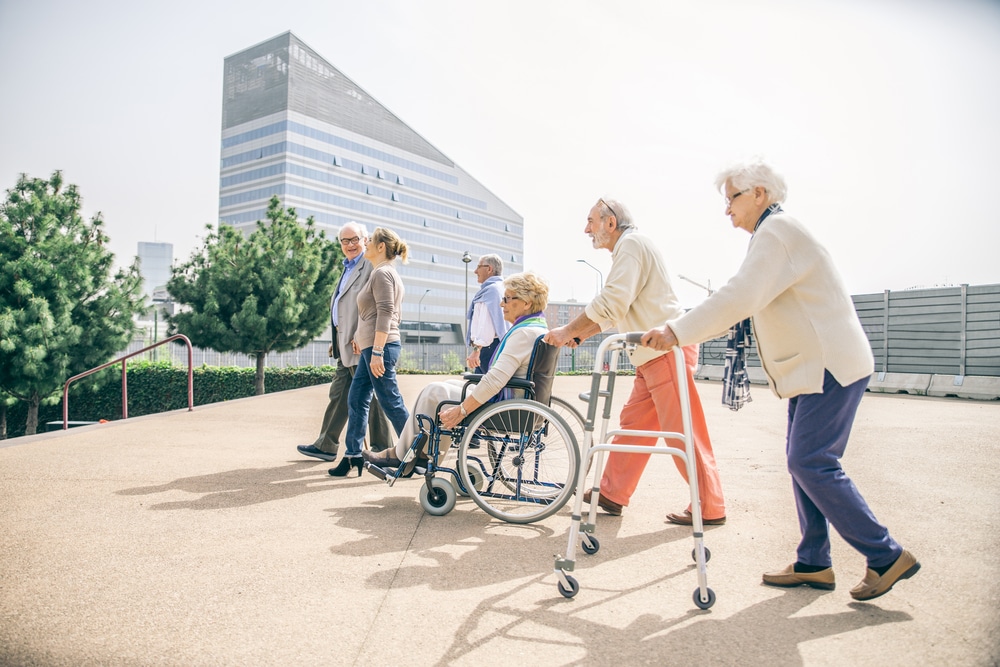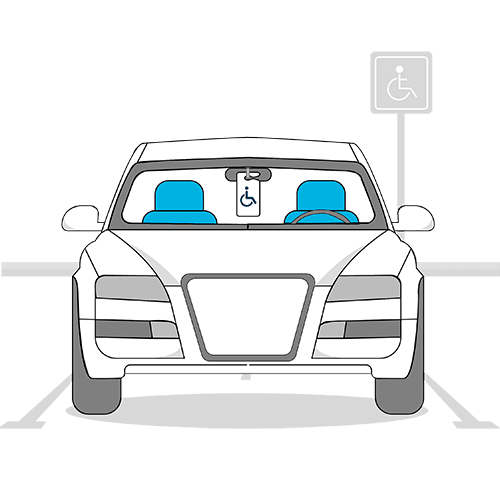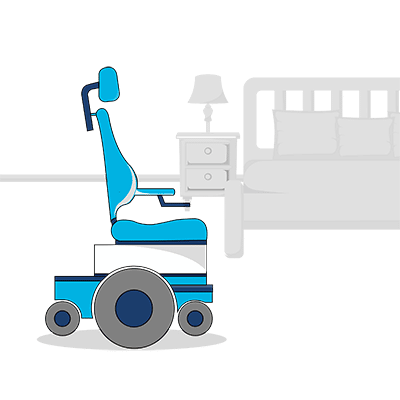“Senior Australians built our nation. They are our parents and grandparents, our founders and protectors, and they have contributed so much to our Australian communities.“
This is what Greg Hunt, Minister for Health and Aged Care, said in his May 2021 media release when discussing reforms to the aged care system.
This was prompted by the Royal Commission into Aged Care Quality and Safety, a two year inquiry into the Australian aged care system that was completed early this year. It resulted in a report providing 148 recommendations to improve the system – improvements that will be life changing for many if implemented.
For senior citizens, aged care is the go-to when they’re turned away from the NDIS based on age ineligibility. Although the NDIS has done a lot for Australians who live with disability, if you’re over 65 before being diagnosed with disability you can’t access these benefits.
Instead, you need to access the My Aged Care program, which is designed for seniors but has its own shortcomings.
The Royal Commission Into Aged Care identified these shortcomings. One of which is that seniors with a disability regularly don’t have their needs met.
Addressing problems and solutions: Royal Commission Into Aged Care Quality and Safety
The Royal Commission Into Aged Care Quality and Safety addresses the needs of Australia’s elderly citizens, many of whom have felt discriminated against when they can’t access the NDIS. In our ageing population it’s a growing tide of dissatisfaction.
The report was presented on 26 February 2021 and identifies several issues, including access to disability services, substandard care and abuse. It states that there’s a need to ‘place people at the center of aged care‘ and that ‘a new Act is needed as a foundation of a new aged care system.’
Identifying problems
The Royal Commission Into Aged Care has highlighted a common problem… Cases of young and old people that don’t get access to the disability supports they need.
- Over 65 years. Seniors with disabilities don’t always have their needs identified timeously. They’re reliant on three separate systems to access support they require; and because they have to rely on so many moving parts their needs aren’t always met. Even when their needs are addressed, the level of support is often inferior to what they’d receive as NDIS participants.
- Young people. Equally problematic is that many young people with a disability also don’t have their needs met. For example, numerous young Australians say they’ve felt forced to move into residential aged care to receive adequate supports. This is far from ideal. As a younger person compelled to live in aged care you can’t interact with peers at the same life stage. And that’s just one problem, there are many more.
People who live with disability must have equitable access to appropriate disability services, regardless of age.
There needs to be a clearer system of communication and support management between the NDIS, the health care system and the aged care system. These three systems need to function cohesively so people are no longer left out. Read more about the over 65 NDIS cut off.

A new aged care system
In response to the Royal Commission into aged care, the government has allocated ‘$17.7 billion to deliver once in a generation change to aged care in Australia‘. While this hopefully means better health care for our elderly, the plan will be rolled out over five years.
For so many, this is not going to provide them with what they need now. If you’re 70 years old now, for example, you’ll be 75 by the time you can access all the supports. It is, however, a step in the right direction and one that will hopefully produce a major uplift in the wellbeing of older Australians.
The funds have been allocated across five focus areas, or pillars, as follows:
- Home Care: $7.5 billion
- Residential aged care services and sustainability: $7.8 billion
- Residential aged care quality and safety: $942 million
- Workforce: $652.1 million
- Governance: $698.3 million
Time will tell as to the real impact as the plan rolls out and we will be watching closely. Recent news suggests that baby boomers will need to contribute towards Aged Care.
A new assistive technology and home modifications category
Of particular interest is the Royal Commission’s recommendation to include a new category for assistive technology and home modifications. The recommendation also calls for these and other aids to be grant funded.
While it’s too soon to say what level of funding will be distributed in this category or how tailored it will be to each participant, the recommendation has been accepted by government.
You can read the full recommendation and response on page 26 of the Australian Government response to the final report of the Royal Commission into Aged Care Quality and Safety.1
Disability equipment and car insurance, for young and old
Blue Badge Insurance understands that people living with disability don’t always receive timely or equitable access to the right supports.
We do our part by providing a discount of up to 25% for our disability car insurance for disability parking permit holders (which also covers mobility equipment in your car), plus comprehensive wheelchair insurance, mobility scooter insurance and insurance for wheelchair accessible vehicles and disability converted cars.
When your mobility equipment is damaged, stolen, or breaks we help cover the costs of repair or replacement. We get this done as quickly as possible because we know your equipment is crucial. As a disability and independence insurance specialist, Blue Badge understands the needs of Australians with a disability of any age.
1 This document was referenced under the Creative Commons Attribution 4.0 International Public License; based on Commonwealth of Australia (Department of Health) material.








